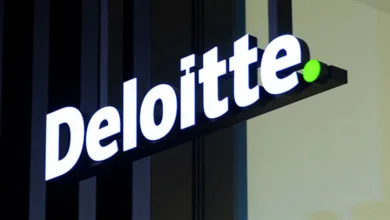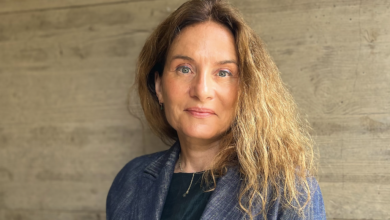Actualité
APG|SGA va continuer de commercialiser les surfaces publicitaires des TPF

Dans le cadre d’un appel d’offre, APG|SGA a remporté le contrat proposé par les Transports publics fribourgeois. Les TPF ont renouvelé le partenariat avec APG|SGA englobant un potentiel total d’une quarantaine de surfaces publicitaires sur l’ensemble du territoire exploitées par les TPF, le contrat a été conclu pour une durée de 5 ans, à partir du 1er janvier 2020.
En ce qui concerne le partenariat basé sur l’affichage publicitaire sur et dans les véhicules de transport public, APG|SGA et les TPF ont également prolongé le contrat existant.





